Realistic Medicine

We're on Social Media
For all the latest information, guidance and forthcoming Realistic Medicine events, follow us on the following Social Media sites:
- Facebook: facebook.com/NHSGRealisticMedicine
- X (formerly known as Twitter): x.com/MedicineNhs
- Instagram: instagram.com/nhsg_realistic_medicine
What is Realistic Medicine?
Realistic Medicine is about delivering healthcare that you value, ensuring you receive the right care at the right time. It is about putting you at the centre of decisions made about your care. A one-size-fits-all method isn’t effective for you or the NHS.
It encourages health and care professionals to:
- Understand what matters to you
- Treat you as an equal partner
- Share treatment decisions, supporting you to make informed choices
Medicine includes all health and care professionals who help people to maintain their health and prevent and treat illness – it isn’t just about doctors.
Please note, embedded YouTube Content is only available on acceptance of 'Social Media' cookies.
Value Based Health and Care
By prioritising your needs, Realistic Medicine provides better value care. This means delivering care that truly matters to you while making the most of available resources. This approach is known as value-based health and care.
Please note, embedded YouTube Content is only available on acceptance of 'Social Media' cookies.
Six main ideas
The six main ideas of Realistic Medicine are:

Shared Decision Making
Shared decision making blends the clinician’s medical expertise with the patient’s unique understanding of their own values and priorities.
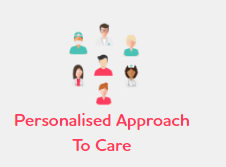
Personalised Approach to Care
A personalised approach to care means adjusting healthcare to fit each person’s unique needs, preferences and values.
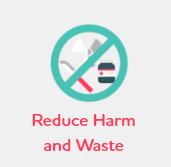
Reduce Harm and Waste
Healthcare professionals are the stewards of healthcare resources. We know that overuse of investigation and treatment can result in harm to patients. By seeking out and eliminating harm and waste, we can provide healthcare that people really value.
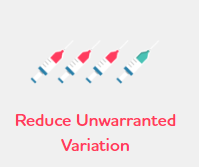
Reduce Unwarranted Variation
Unwarranted variation means random variation in care without evidence or reason to explain it.

Manage Risk Better
Managing risk means working with in partnership with people to help them make the best choices for their treatment and care.

Become Improvers and Innovators
Improving healthcare delivery by using evidence, making smart decisions and working together with patients.
Realistic Medicine – Taking Care
By integrating these six principles into NHS Grampian, we can practice in a manner that aligns with our values and provide compassionate and considerate care:
- Focus on understanding and supporting people to achieve their goals
- Balance biography and biology when applying evidence informed practice
- Collaboration is key to providing care that people calue and greater job satisfaction
- Use resources wisely to provide sustainable care for our service and our planet
- Measure the right things including outcomes that matter to people
- Kindness and compassion sit at the heart of the way we deliver care
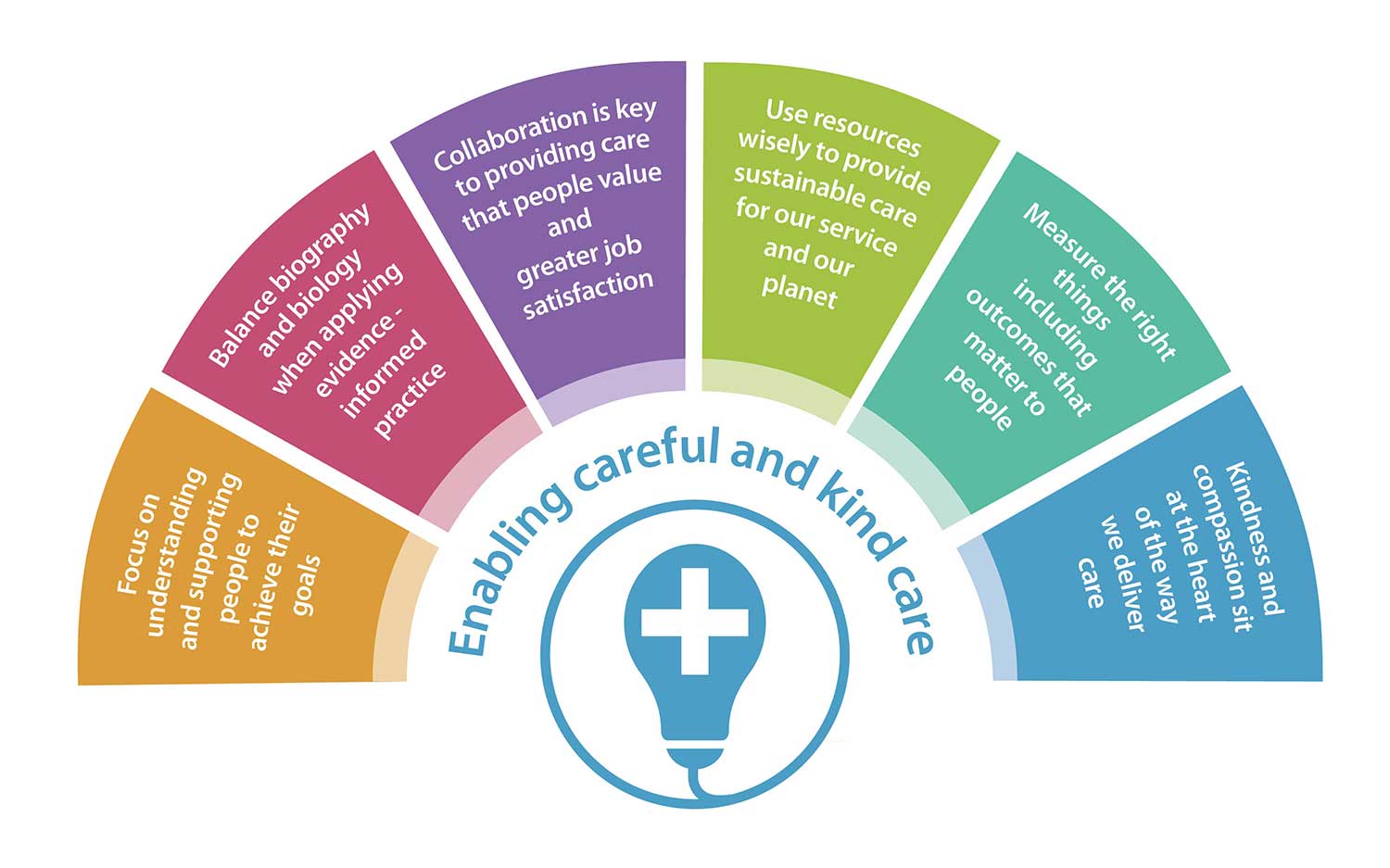
More information can be found within the Chief Medical Officer’s annual report (2023-2024) here: Realistic Medicine: Taking Care - Chief Medical Officer for Scotland Annual Report 2023–2024 (www.gov.scot)
It’s OK to Ask
Realistic Medicine encourages shared decision making conversations about your care. It’s also about moving away from a “doctor knows best” culture. This means your doctor or health and care professional should understand what matters to you personally and what your goals are.
You are encouraged to ask questions about your condition, your treatment and care options. It’s ok for you to ask your health and care professionals the “BRAN” questions:
“What are the Benefits?”
“What are the Risks?”
“What are the Alternatives?”
“What would happen if I did Nothing?”
Your health and care professional should explain the benefits and risks of all available options, including the potential effects of doing nothing. You should be given enough information and time to make an informed decision.
By asking these questions, you can choose the treatment and care that best suits you.
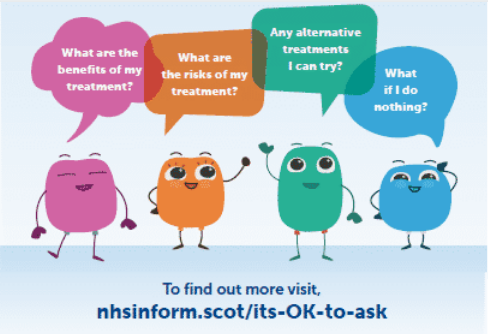
Further information on Realistic Medicine
If you would like to know more about Realistic Medicine, visit the Realistic Medicine website, Being a partner in my care: Realistic Medicine together | Right Decisions or via NHS Inform.

